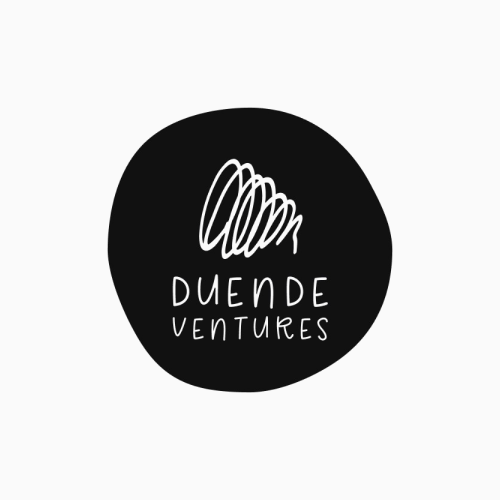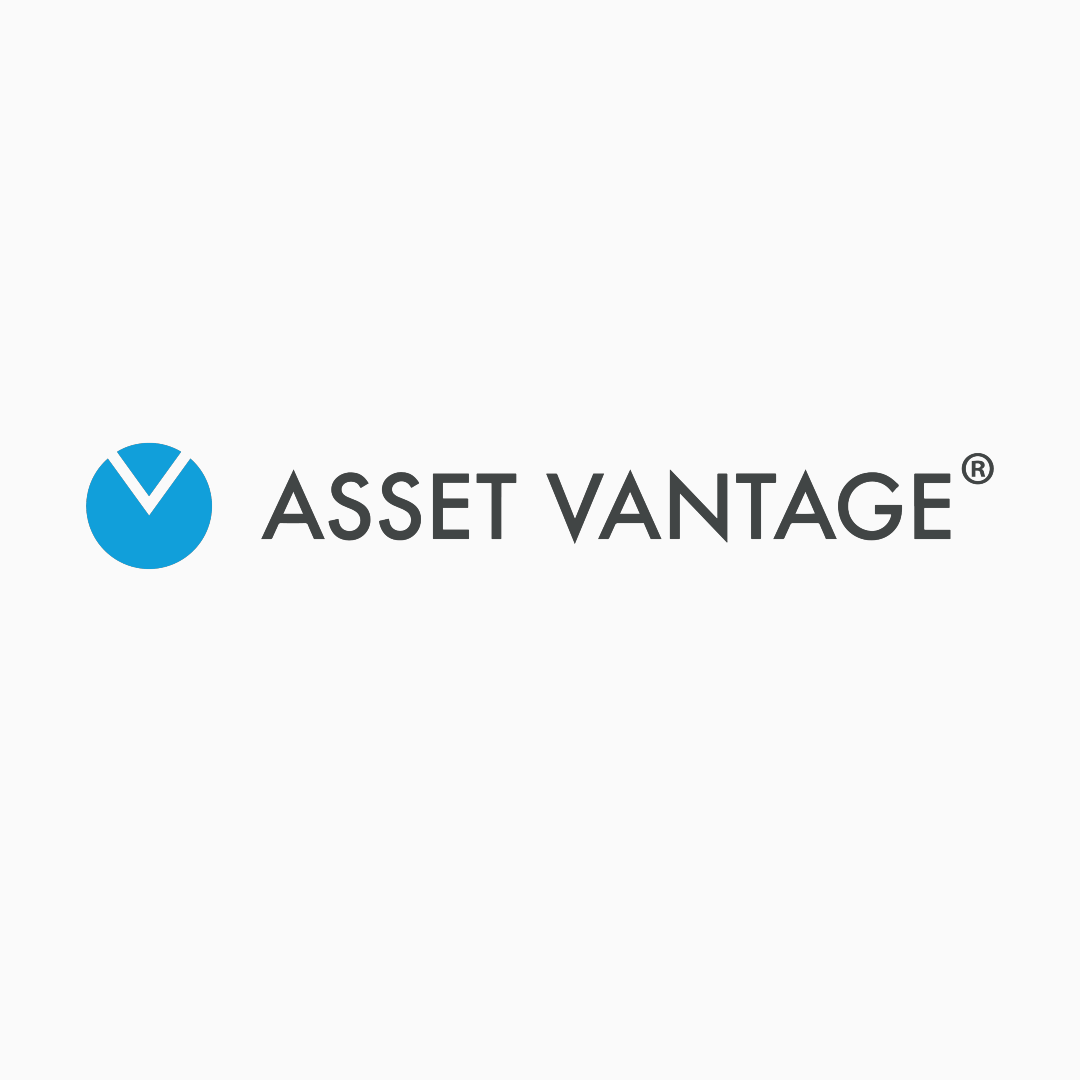What is ‘Philanthropy 3.0’?
Before we define Philanthropy 3.0, let’s review how the term ‘wealth’ has changed.
The term ‘wealth’ is derived from the 12 th century. It stems from the word ‘wele’ meaning ‘well-being’ and health ‘th’.
And we have gone back to those basics.
‘Wealth’ is no longer seen as only financial capital (volume and status of monetary assets). It’s now more recognised that wealth is built up of human capital (skills and experience of individuals), social capital (networks and relationships with others), intellectual capital (knowledge and expertise), material capital (property, tech devices and other physical assets), time capital (how much influence can people have about what steps they take), emotional capital (people’s own wellbeing and resilience), and spiritual capital (people’s definition of their own sense of purpose and what their place is in the world).
If ‘wealth’ has gone back to being about more than how much someone’s financial capital is, perhaps the ‘wealth management’ industry needs to do some self-reflection.
Recently, I had the absolute pleasure of reading Wealth 3.0. It illustrates the 10 Domains of Family Wealth identified by the UHNW Institute, and the book inspired me to think about what Philanthropy 3.0 would look like.
I’d like to (gently) hypothesise that:
- Philanthropy 1.0 was based purely around financial transactions
- Philanthropy 2.0 was more strategic and focused on measurable impact and data-driven decision making
- Philanthropy 3.0 is how AI can be used to address the needs of humanity, how collaborative and/or unrestricted and/or multiyear funding can be impactful, how impact investing and social entrepreneurship can blend investments and purpose together, and more
We rounded up a few companies that you might find interesting.
Why should the wealth management industry pay attention to Philanthropy 3.0?
For anyone who seems not to have noticed, by 2048, $124 trillion will shift across generations, with $105 trillion likely to be inherited. And this next-gen, rising-gen, female wealth holders have completely different values and aspirations than their predecessors. As stated in a recent McKinsey report, they want more. They’re no longer only interested in making their money grow. They’re looking for advisers who can give them holistic and personalised service, which is shaped around their own purposes and intentions.
With 81% of next-gen HNWIs planning to leave their parents’ wealth manager within 1–2 years of inheritance, there’s a clear need and opportunity for firms to rethink how they can appeal to their new clients.
Capgemini’s World Wealth Report 2025 underscored the importance of relationship managers in supporting client retention and engagement during this period of change.
The arrival of Philanthropy 3.0 has provided firms with an opportunity to bring in a value-added, purpose-led service to their clients, which enables a win-win solution for both parties. The advisers get the clients. The clients get the personalised services they expect to receive.
How are firms using Philanthropy 3.0, particularly when managing family wealth?
I’ve explored this area in some depth over the last two years, and it seems that some service providers around the world have recognised this solution. And some have not. Yet.
When Philanthropy 3.0 is made top of the list of discussion between advisers and clients, it:
- brings everyone around the table (which is crucial when managing inheritors of wealth and can coordinate members of a large family)
- identifies the clients’ or families’ values (which helps advisers working with multiple generations and family branches ensure alignment of priorities and risk tolerance levels, and offers something most other firms do not)
- helps firms connect with clients as people (sourcing new clients)
- supplies the support and education for the next-gen to orientate themselves by getting them focused on issues that concern them (and teach life skills such as financial literacy, investigation, negotiation, presentation, impact of business decisions on emotions and vice versa, collaboration and many more)
Here are examples of those who have recognised this:
Christoph Courth, Head of Global Philanthropy at Pictet Wealth Management, explains how he has seen the changing needs of their clients. “We’re in a new era,” he suggests. “There was the first gilded age — Rockefeller, Carnegie. Then the second — Gates and Buffett. Now it’s younger philanthropists, AI-driven and globally minded. They’re not waiting to give at the end of their careers; they’re building impact into everything from the start.” The firm has seen a 33% increase in philanthropic advisory demand from 2023 to 2024, reflecting a longer-term approach to giving.
Christoph is based in Switzerland.
I was honoured to be invited to speak at the Social Innovation and Global Ethics Forum in Malta in June 2025 about next-gen and philanthropy and was thrilled to sit next to Monica Espinosa, Head of Family Office Solutions at Union Bancaire Privee. She said that if the wealth management industry doesn’t wake up and realise that they have a whole new client audience they need to serve, they will be out of a job in five years.
Monica is based in Switzerland.
Last month I spoke to Valerie Galinskaya, Managing Director of Merril Center for Family Wealth. She was telling me how they recognised and responded to the shifting needs of their clients. That they provide both expansive external material about how they help their clients identify their values and can take their philanthropy journey, as well as providing them with direct guidance and support.
Valerie is based in the US.
Asia Venture Philanthropy Network has created the ImpactCollab, which is designed to link wealth management service providers with the personal needs and values of their clients.
In the UAE, there’s an increasing recognition that philanthropy can support bold, high-impact initiatives that governments or businesses may be unable to pursue independently. Even if the Arab region has a long tradition of giving, with Islamic philanthropy generating up to $1 trillion annually, the next-gen is building on this legacy by bringing greater strategy and structure to their giving, aiming to address root causes rather than just immediate needs.
How about the UK?
It used to be only Barclays Wealth, UBS, JP Morgan, HSBC Private Bank and a handful of others, such as C. Hoares & Co. who have set up their own in-house donor advised fund, who had noticed this increased need.
We need to find ways to shift the mindset of those who work in smaller firms in the wealth management industry in the UK. Who don’t have a number of stakeholders to please, or several levels of senior management to battle through to get time in front of the CEO to discuss this new tactic. We need to help them move beyond transactional services to become their clients’ strategic partner, fostering intentional impact and integrated values.
I don’t know when it started but Stonehage Fleming have openly shifted their business strategy to address their new client base, to what seems to be a very impressive level.
A superb report was released early in 2025 by the Society for Trusts and Estate Practitioners about advisers’ perceptions of their clients’ Attitudes to Wealth. Three key findings:
- Awareness of social responsibility is increasing, particularly among younger generations, but this has yet to translate into meaningful action.
- Avoidance and discomfort in discussing wealth with family members remain significant barriers to early and effective wealth planning.
- Clients generally value a holistic approach that leads to more comprehensive and personalised planning that aligns with their values.
In response to their findings, STEP published a Responsible Wealth Stewardship Toolkit, which is full of guidance and advice about how wealth advisers can respond and provide up-to-date services for their clients.
It provides excellent case studies which demonstrate why and how advisers can work to align a client’s values with their assets:
- Navigating family values and fiduciary duty
- Creating an estate plan that focuses on people, planet and profit
- Reflecting values and beliefs in powers of attorney
Although the Toolkit is not focused on philanthropy, it’s a representation of how clients’ values have come to play a critical part in how they want their assets to be managed.
If family members aspire for longevity of their family and shared values, by working together over generations to continue their philanthropy journeys, it can give a purpose to retaining their wealth.
Looking forward
There’s such a huge opportunity for the wealth management industry to recognise and adapt to. By offering services based around clients’ values, and using philanthropy as something in their toolbox to offer and differentiate themselves from their peers, they will become leaders in this field.
I hope the wealth management industry pays attention to this – particularly the UK service providers – or else their clients will continue to switch their advisers (or to put it quite simply, fire them).










